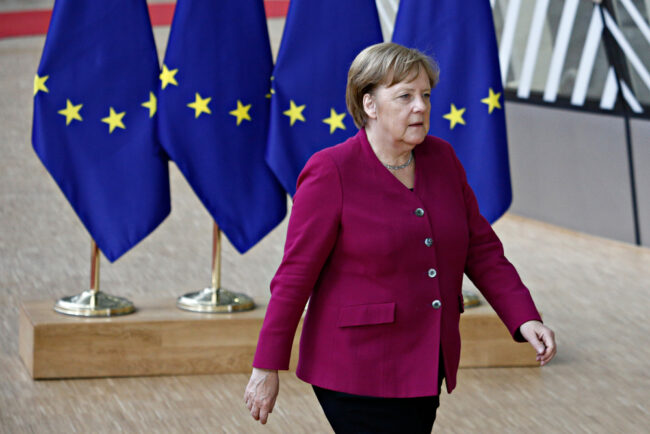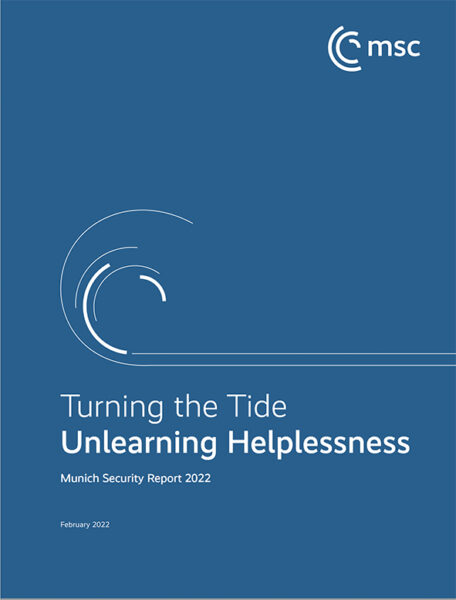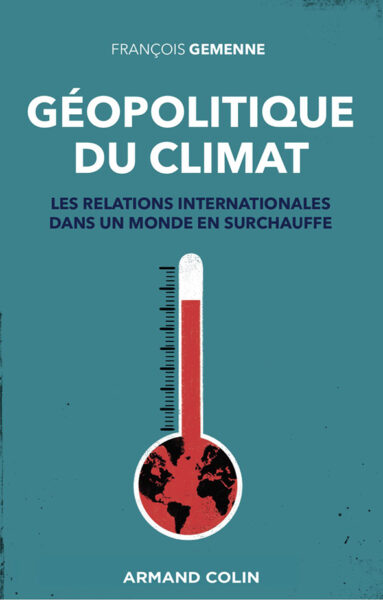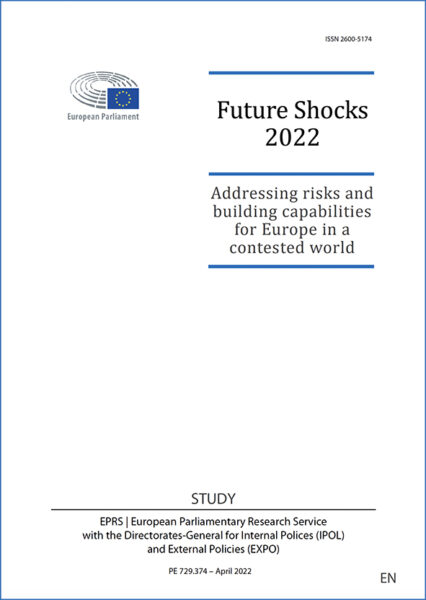After 16 years at the head of Europe’s most economically powerful nation, Angela Merkel departed the German chancellery at the end of 2021, leaving the European Union, in the view of some commentators, virtually orphaned. But is this really the case? Might her exit not provide an opportunity to relaunch some different strands of European policy? As Jean-François Drevet sees it, a number of signs given out by the new ruling coalition in Germany (of Social-Democrats, Greens and Liberals) seem to point to such a development. This is particularly the case with respect to institutional advance (perhaps towards a federal Europe) or the possible stiffening of its foreign policy to tackle Europe’s autocratic neighbours (particularly Russia and Turkey) with more than merely economic responses, such a move perhaps also heralding a revival of the Franco-German partnership. All in all, thanks to this passing of the baton in Berlin a new era might emerge, potentially aided by the French presidency of the EU and the future clarification of relations with the post-Brexit UK.
Angela Merkel’s European Orphans?
European Chronicle
25 February 2022
1 min.
© Alexandros Michailidis / Shutterstock
Cet article fait partie de la revue Futuribles n° 447, mars-avr. 2022



